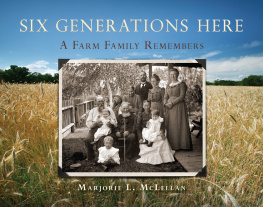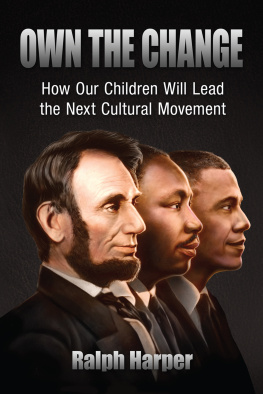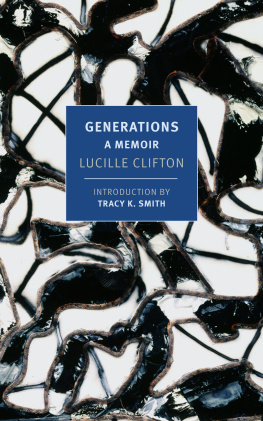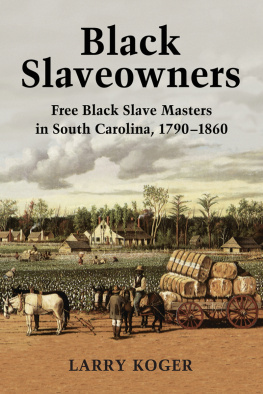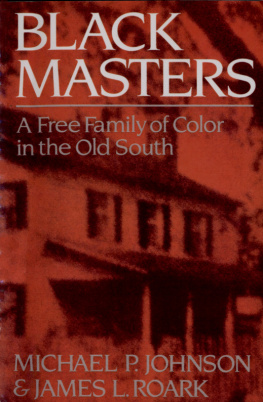Lee H. Warner - Free Men in an Age of Servitude: Three Generations of a Black Family
Here you can read online Lee H. Warner - Free Men in an Age of Servitude: Three Generations of a Black Family full text of the book (entire story) in english for free. Download pdf and epub, get meaning, cover and reviews about this ebook. year: 2021, publisher: University Press of Kentucky, genre: Detective and thriller. Description of the work, (preface) as well as reviews are available. Best literature library LitArk.com created for fans of good reading and offers a wide selection of genres:
Romance novel
Science fiction
Adventure
Detective
Science
History
Home and family
Prose
Art
Politics
Computer
Non-fiction
Religion
Business
Children
Humor
Choose a favorite category and find really read worthwhile books. Enjoy immersion in the world of imagination, feel the emotions of the characters or learn something new for yourself, make an fascinating discovery.

- Book:Free Men in an Age of Servitude: Three Generations of a Black Family
- Author:
- Publisher:University Press of Kentucky
- Genre:
- Year:2021
- Rating:4 / 5
- Favourites:Add to favourites
- Your mark:
Free Men in an Age of Servitude: Three Generations of a Black Family: summary, description and annotation
We offer to read an annotation, description, summary or preface (depends on what the author of the book "Free Men in an Age of Servitude: Three Generations of a Black Family" wrote himself). If you haven't found the necessary information about the book — write in the comments, we will try to find it.
Freedom did not solve the problems of the Proctor family. Nor did money, recognition, or powerful supporters. As free blacks in eighteenth- and nineteenth-century America, three generations of Proctor men were permanently handicapped by the social structures of their time and their place. They subscribed to the Western, middle-class value system that taught that hard work, personal rectitude, and maintenance of family life would lead to happiness and prosperity. But for them it did notno matter how hard they worked, how clever their plans, or how powerful their white patrons.
The eldest, Antonio, born a Spanish slave, became a soldier for three nations and received government recognition for his daring and his skills as a translator. His son, George, an entrepreneur, achieved material success in the building trade but was so hampered by his status as a free black that he eventually lost not only his position in the community but his family. John, Georges son, seized the opportunity proffered by Reconstruction and spent ten years in the Florida state legislature before segregation forced him to return to the life of a tradesman.
Warner describes the Proctor men as inarticulate. They left no personal papers and no indication of their attitudes toward their hardships. As a result, this work relies heavily on local government documents and oral history. Inference and intimation become vital tools in the search for the Proctors. In important ways the author has produced a case study of nontraditional methodology, and he suggests new ways of describing and analyzing inarticulate populations.
The Proctors were not typical of the black population of their era and their location, yet the story of their lives broadens our knowledge of the black experience in America.
Lee H. Warner: author's other books
Who wrote Free Men in an Age of Servitude: Three Generations of a Black Family? Find out the surname, the name of the author of the book and a list of all author's works by series.

